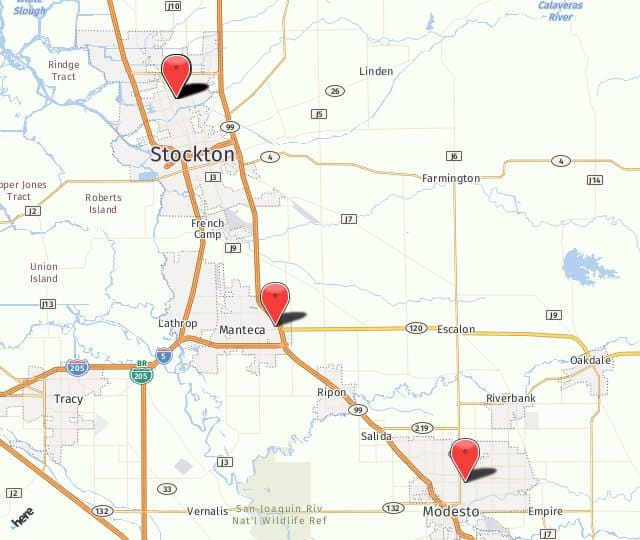A Hole in the Macula
 The central portion of your retina is known as the macula. Most people are familiar with one very serious condition that can rob the person of their central vision, macular degeneration. But a less well-known condition comes when a person develops a hole in their macula.
The central portion of your retina is known as the macula. Most people are familiar with one very serious condition that can rob the person of their central vision, macular degeneration. But a less well-known condition comes when a person develops a hole in their macula.
At Central Valley Eye Medical Group, our board-certified ophthalmologists perform surgery to address macular holes.
What is a macular hole?
Macular holes develop as the vitreous, the gel that fills the inner eye, shrinks and becomes more liquid with age. This is particularly true after a person turns 60. As the vitreous shrinks it may pull away from the retina. This can cause a detached retina, but it can also create a macular hole.
Are macular holes serious? What happens if you don’t treat a macular hole?
If you develop a macular hole, these are ways it may impact your vision in that eye:
- There will be a decrease in the ability to see fine details when you’re looking directly at an object, no matter how close or far away it is.
- You will have a change in vision, so you feel as if you’re looking through a dense fog or thick, wavy glass.
- You will have a dark spot across the middle of the field of view.
If you have these symptoms, it’s important to come see the experts at Central Valley Eye Medical. Left untreated, most macular holes will worsen with time. Because the macula is the area of the eye that is responsible for seeing crystal clear, color vision, this isn’t something to mess around with.
How are macular holes different from macular degeneration?
Macular holes occur when some or all of the neurons in the center of your macula are pulled out of position, in most cases due to traction from the vitreous.
Age-related macular degeneration is completely different. It is a disease where deposits called drusen form under the retina and the light-sensitive cells (photoreceptors) of the macula slowly break down. This is dry age-related macular degeneration. When abnormal, leaky blood vessels grow behind the macula, vision loss occurs from the death of the photoreceptors. This is wet age-related macular degeneration.
The symptoms of both conditions, blurred vision in the central visual field that can progress to central blind spots with time, are similar.
Who is a good candidate for surgical treatment of a macular hole?
Regardless of whether a macular hole will need surgical treatment, if you have any of the symptoms above, you need to see an eye professional. About half of the people with macular holes will need treatment, usually surgery called a vitrectomy.
In a vitrectomy, our ophthalmologists remove the vitreous gel inside the eye, and it is replaced with saline solution, gas, or silicone oil.
If you’re over 60, it’s likely traction from your vitreous is pulling on the retina and has caused your macular hole. If the area torn away is only a partial thickness tear, we may opt to see if it will heal on its own. But tears of over half the thickness will usually require a vitrectomy.
If you’re having any issues with your central vision, we need to see you at Central Valley Eye Medical Group. Call us at (800) 244-9907 to schedule your appointment.
Posted in: Macular Degeneration Treatment

